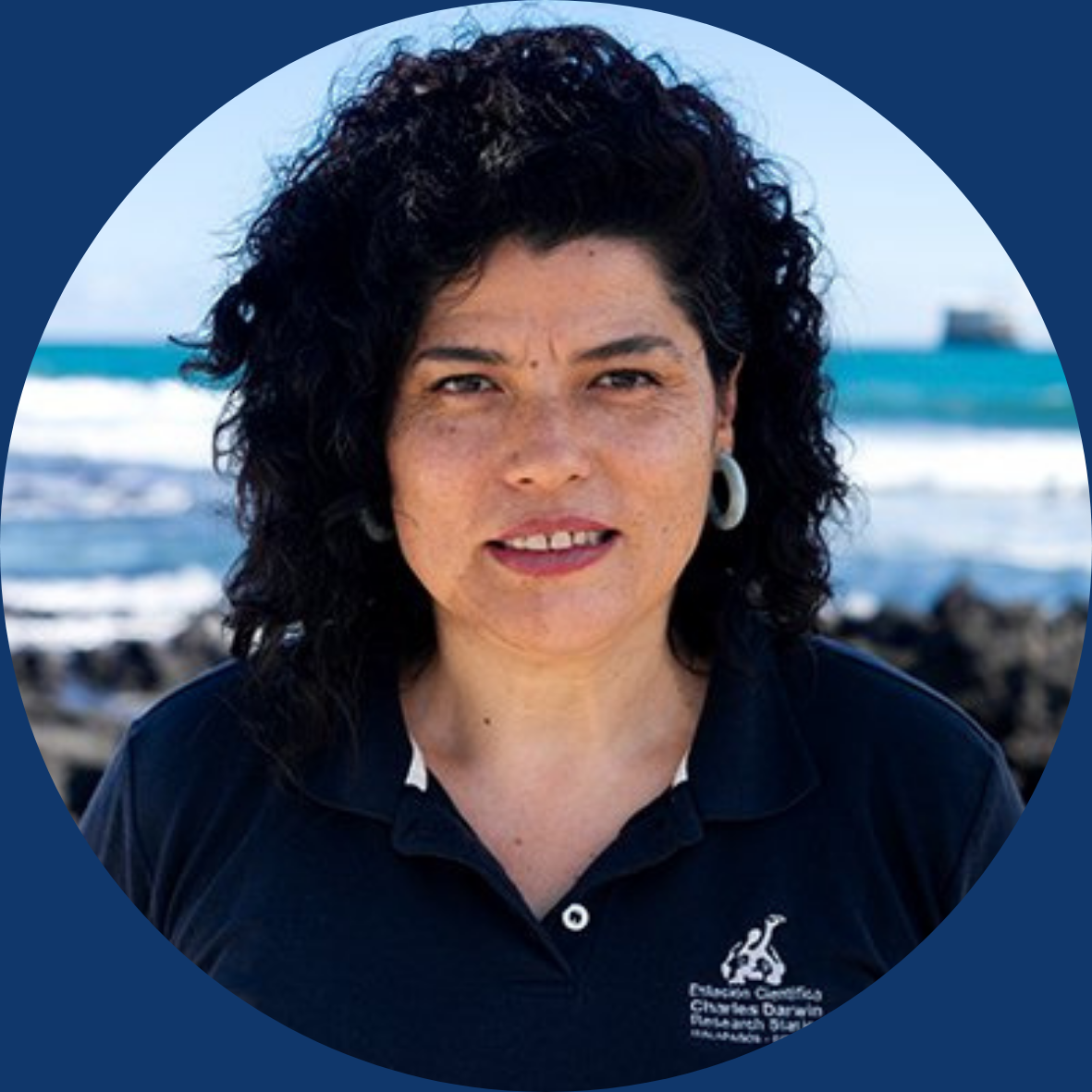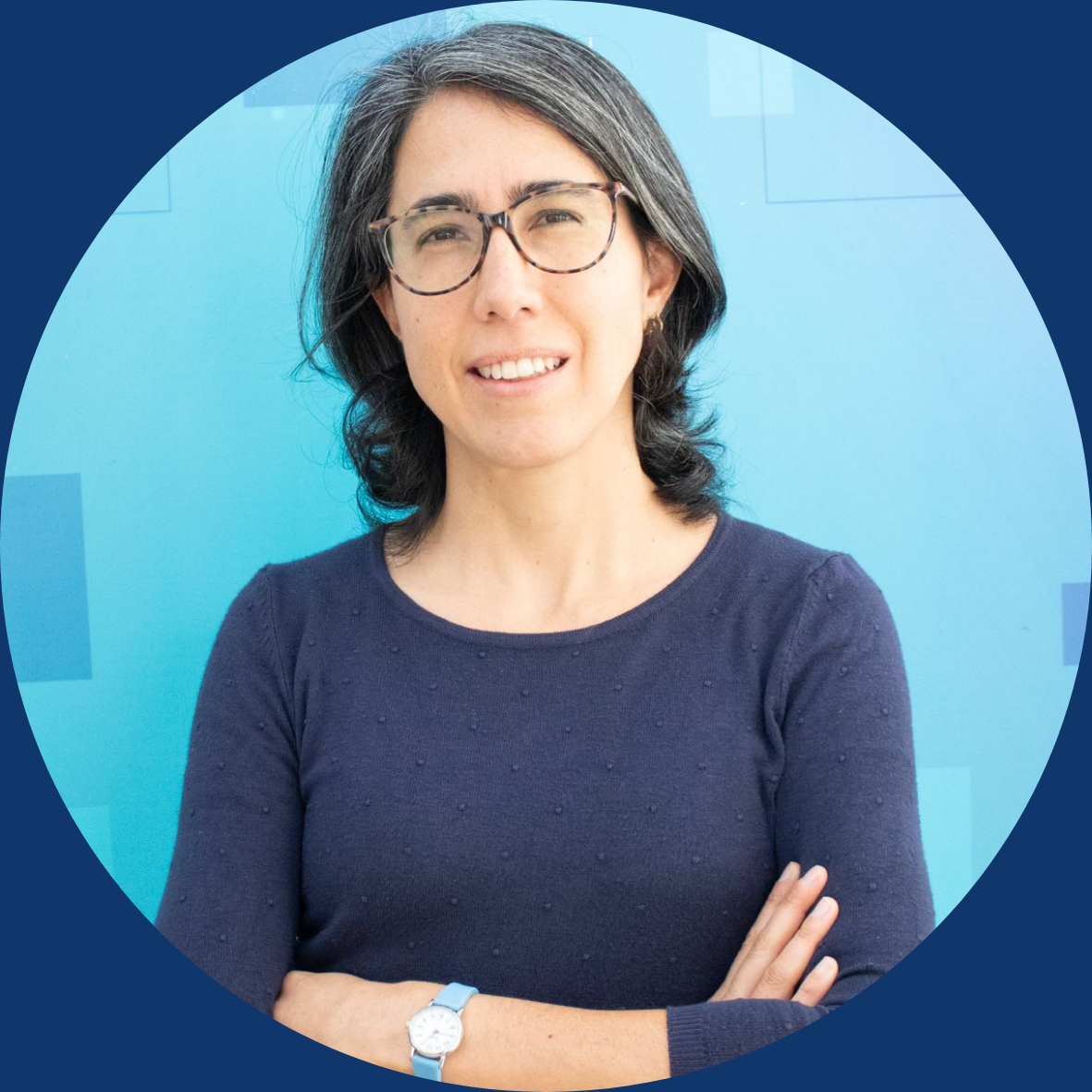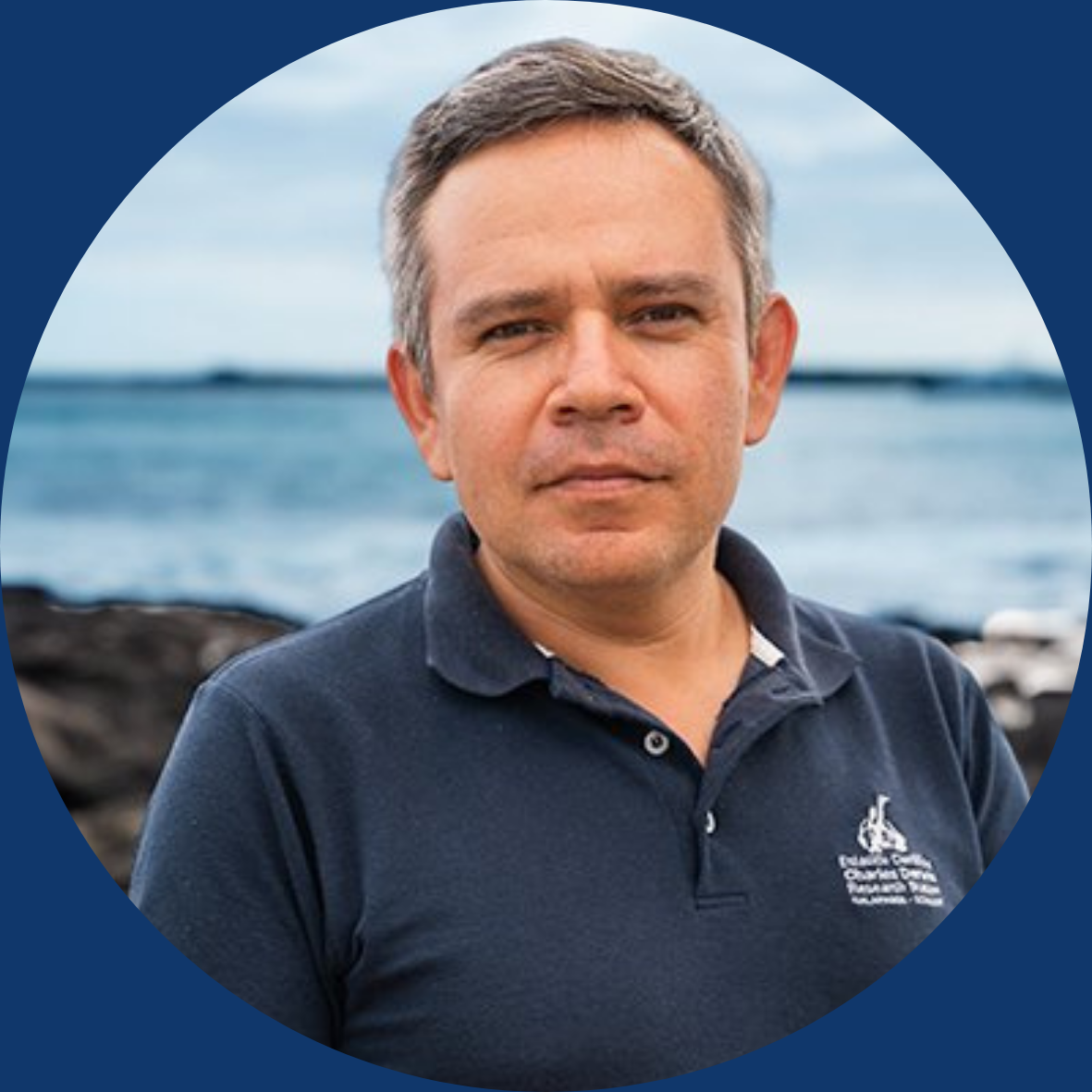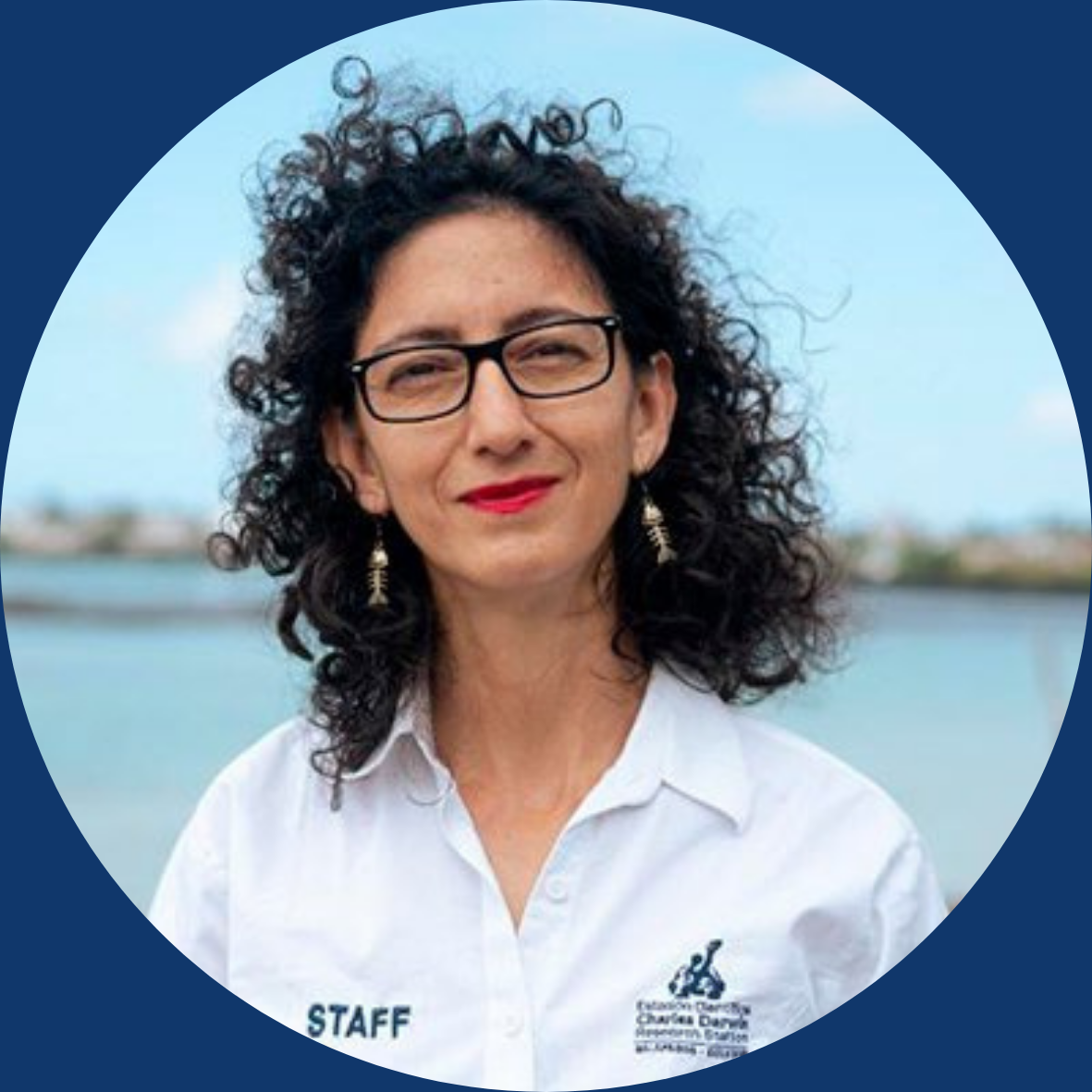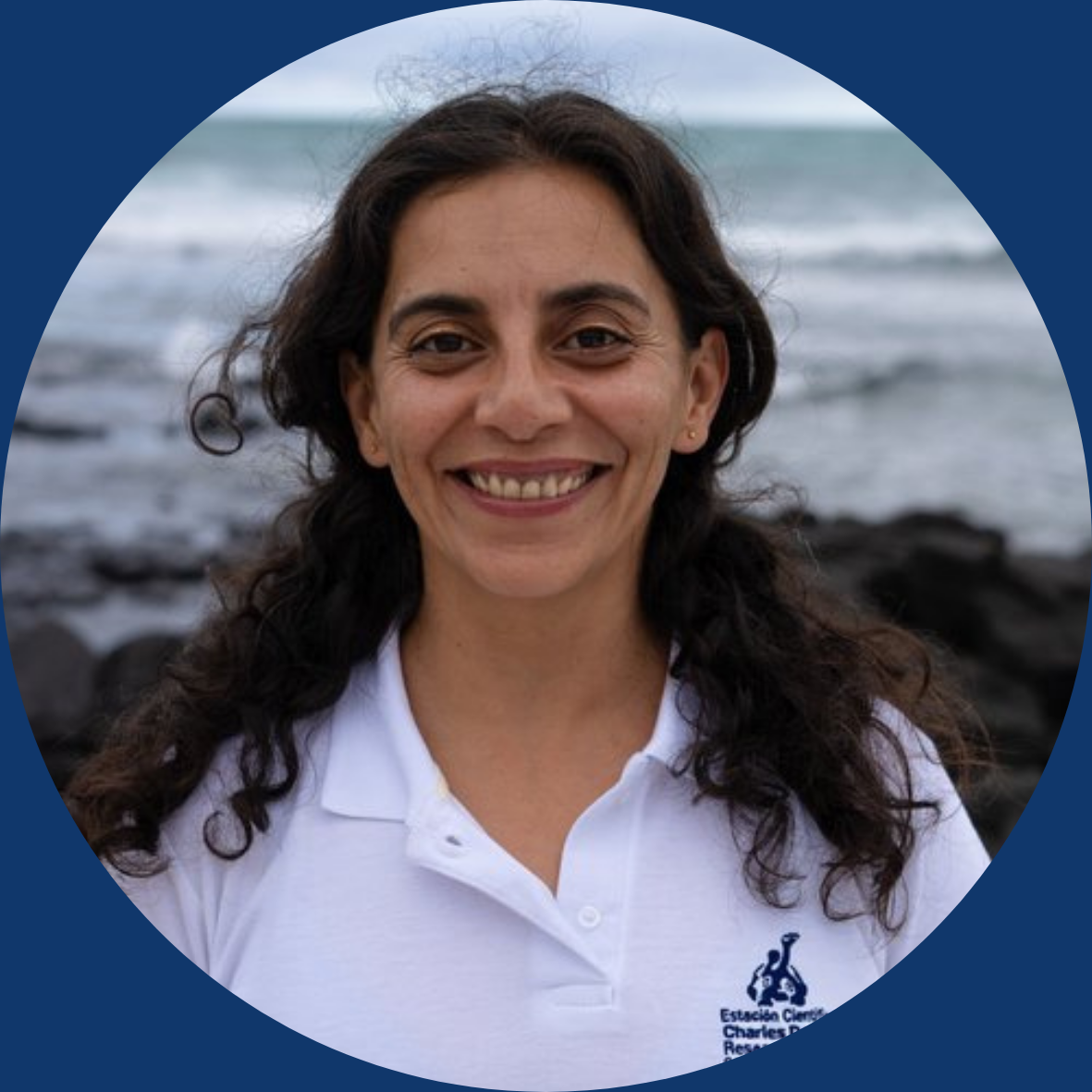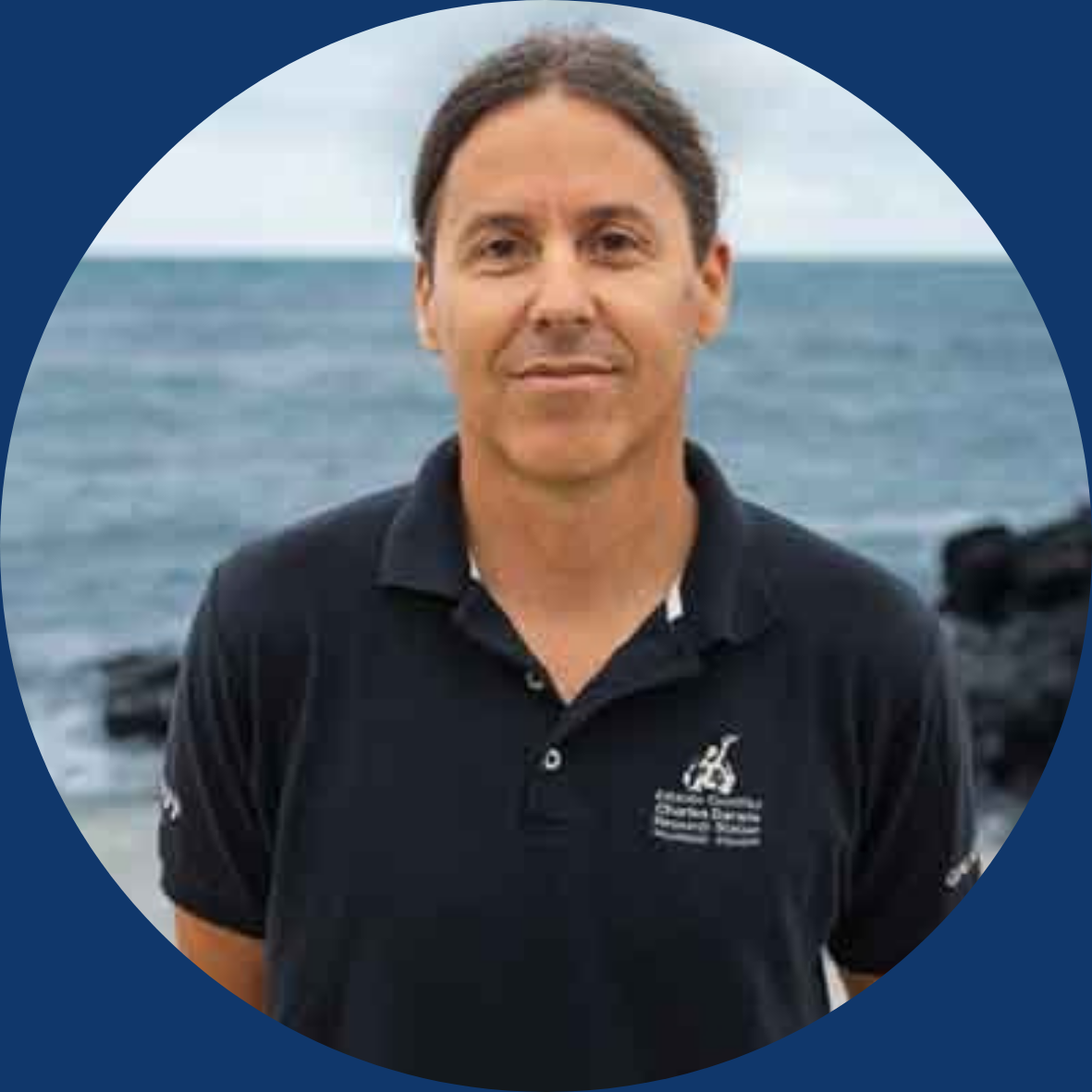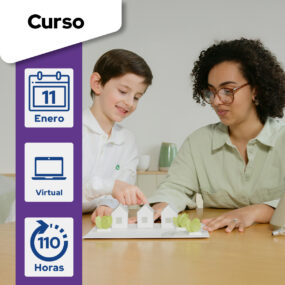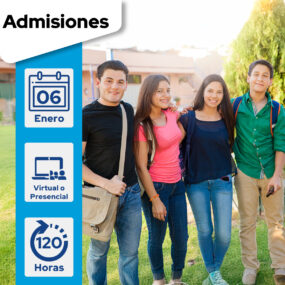
Sustainability and Social Ecological Systems in Galapagos
Starting date
Lasting period
Modality
Blended
Sponsored by:

Costs
$3.700,00
| Starting date: | July 2026 |
|---|---|
| Ending date: | August 13ᵗʰ, 2025 |
| Schedule: | Theoretical part: 2.5 hours daily for 2 weeks (Mo-Th) from 09h00 to 11h30 and Practice in situ: 9 days in Galapagos plus cultural experience in Quito. |
Sin existencias
The environmental and social crises are intrinsically linked, forming a single, complex crisis that must be addressed comprehensively with a commitment to caring for our Common Home. This is particularly urgent in light of the prevailing overexploitation of natural resources and development models driven by an anthropocentric vision. Addressing this challenge requires a holistic understanding of reality, where ecological, economic, social, and cultural dimensions are deeply interconnected. To achieve this, the traditional division between the natural and social sciences must be bridged.
In this context, and recognizing the need to integrate the ecological dimension while promoting interdisciplinary dialogue, we have adopted the concept of socio-ecological systems. This approach examines the dynamic relationship between nature and society, emphasizing the impact of human activities on ecosystems, the services they provide, and human well-being. By doing so, we acknowledge the fundamental interdependence between ecosystems and social systems.
Program contents
- Galapagos ecological systems
- Galapagos social systems
- In-person practical work. Practical project
Addressed to
Certification
Approval certificate.
Structure
3 modules that include virtual and in-person activities.
- Theoretical part: 2.5 hours daily for 2 weeks (Mo-Th) 09h00 a 11h30 and.
- Practice in situ: 9 days in Galapagos plus cultural experience in Quito.
Requirements
- English (Native speakers or non-native speakers with B2 certificate).
Get to know your instructors
With PUCE quality
With the academic support of the Pontifical Catholic University of Ecuador
Sign up and get your certificate at
Personal tutor
Virtual campus 24/7
Resources and materials available on the PUCE virtual campus

